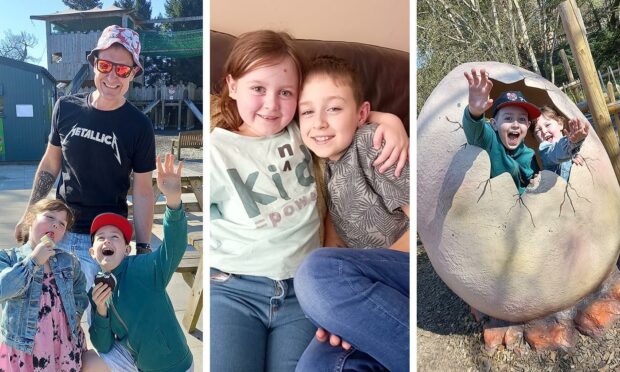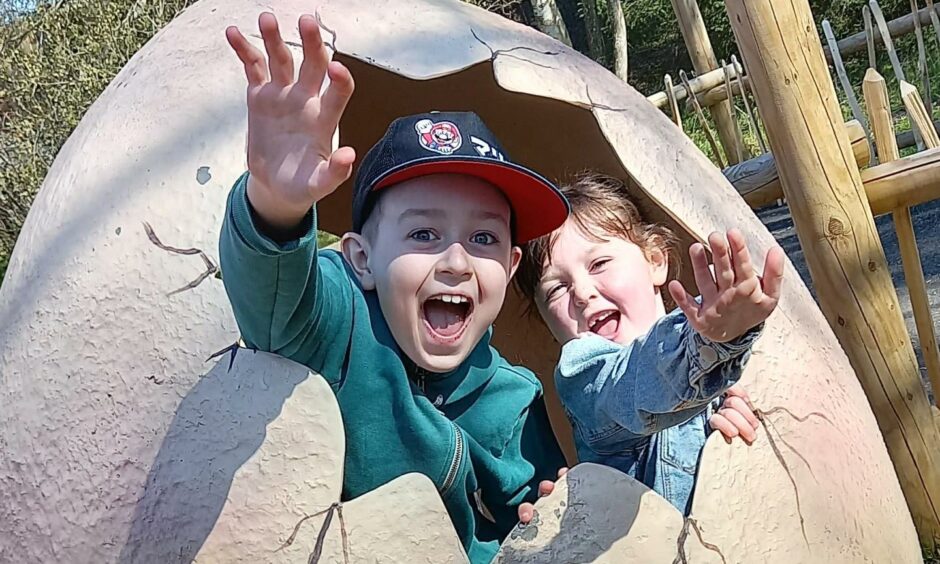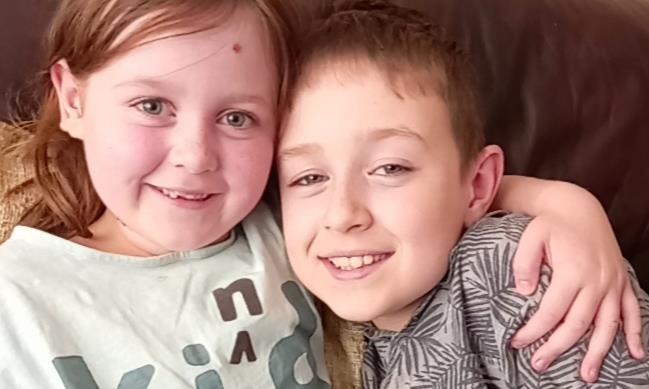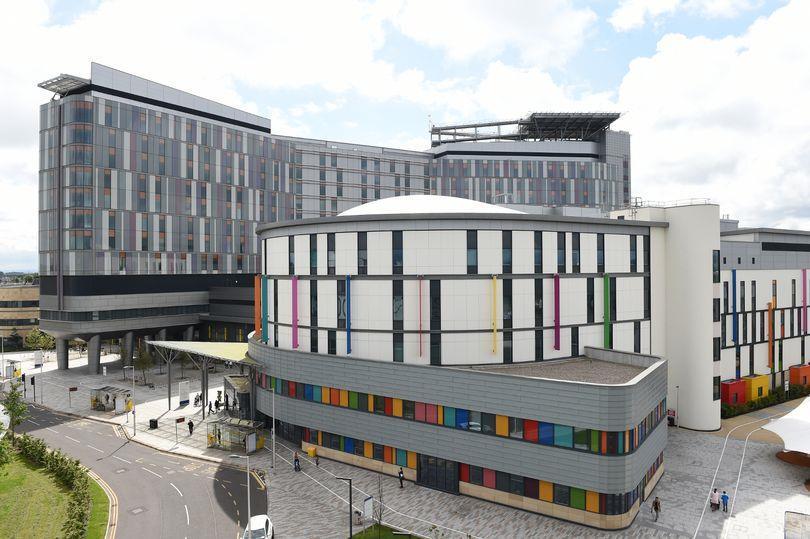A Fife mum has opened up about the distressing time she and her family faced when her son received a life-saving bone marrow transplant.
The Gartshore family of Dunfermline, Fife, went through hell when young Michael became seriously unwell.
Michael was diagnosed with aplastic anaemia – when the body stops producing enough blood cells and the bone marrow starts to fail – in 2018, then aged eight.
Luckily, little sister Charlotte was a perfect donor match and Michael had a stem cell transplant.
Now 11, Michael’s health is improving but mum Tracey has opened up about the strain the ordeal put on their family through treatment and hospital stays.
“As well as Michael being physically unwell there was lots going on around that too,” she said.
“He and I have always been super close but I think we spent too much negative time together and the dynamic of our relationship changed because of it.”
Psychological support
The family received support from a psychologist based at the Royal Hospital for Children in Glasgow.
The post was funded by the Anthony Nolan Trust was a pilot project.
Now, NHS Greater Glasgow and Clyde has announced the role will be made permanent.
At the helm of the service are Dr Shreena Unadkat, who moved from Brighton to Glasgow in 2020 to take on the role and Dr Helen Broome, both clinical psychologists.
Tracey said the support has been crucial in helping her family handle the ordeal.
“Thanks to Shreena we have been able to rebuild our relationship,” she said.
“Michael enjoyed speaking to her on his own and it was easier with me not being there.
“He’s now 11 but in my head he was still eight, and thanks to working with Shreena I was able to grasp that and move on.
“Our relationship is much stronger now, I can give him his space and he knows he can come to me when he needs me.
“I am so glad that the psychology service will continue to run; it helps so many families like us.”
Dr Unadkat said it has been a “privilege” to help develop the service, which is the first of its kind in the UK.
“Families going through stem cell transplant face so many challenges, even aside from the disease their child is facing,” she said.
“Having to isolate with your child for a number of weeks or months following the transplant is such a challenge, and often families have to rejig their whole lives to make this happen.
“If there are other children in the family they need to make sure they are cared for too.
“The Covid-19 context has added extra pressure on families already struggling.
“It has been amazing to witness how families do what they have to under impossible circumstances to ensure their child is well.”



